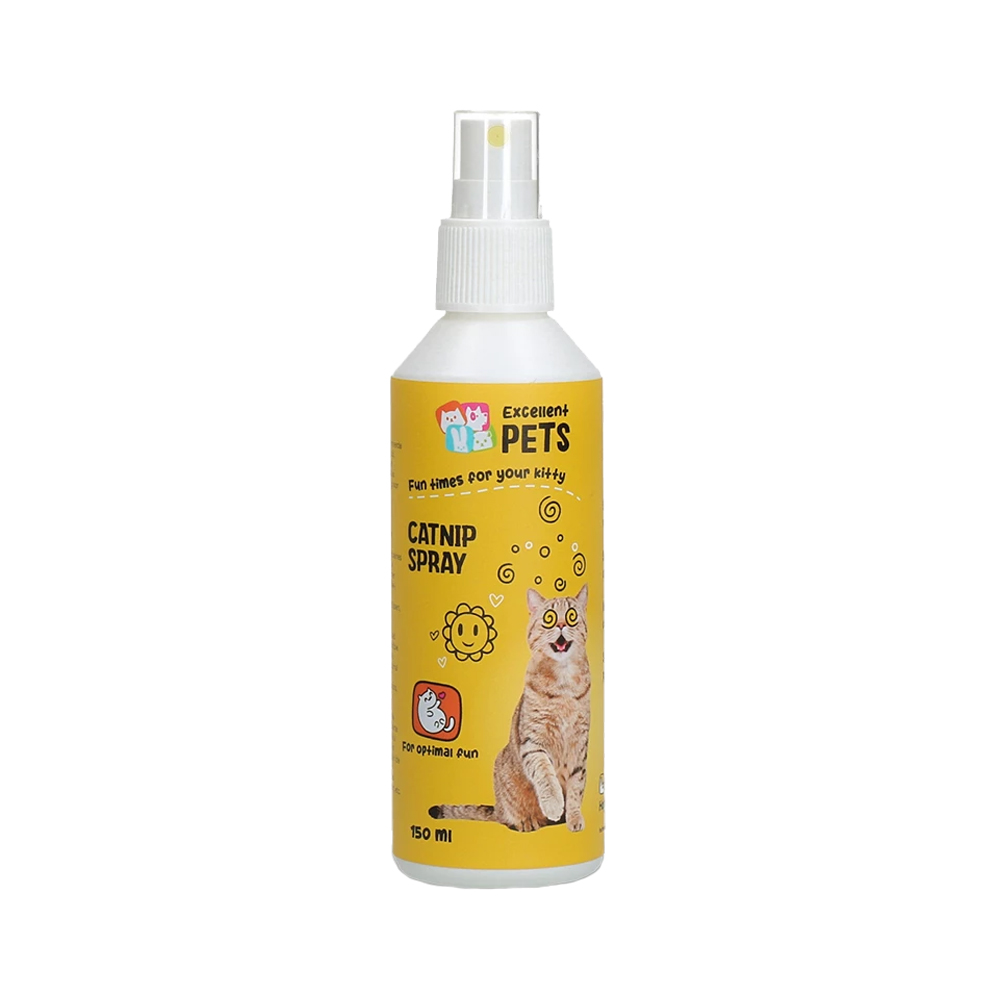Check out all current offers and enjoy discounts on top brands.
Related products
-
Product Description
Catnip is an ancient herb, Nepeta cateria, part of the mint family. It is not addictive and completely safe for cats. Catnip contains the active ingredient of Nepetalactone, which has an effect on the cat's brain. Although no one knows exactly what happens to cats under the effects of catnip, it is known that the Nepetalactone in catnip causes a reaction that evokes a stereotypical pattern in cats that are sensitive to it. The so-called "catnip reaction" is inherited from an autosomal dominant gene, however, not all cats (approximately 1/3) respond to catnip. Kittens younger than 3 months usually do not react to catnip.
The catnip reaction
The catnip reaction affects all of the cat's senses - touch, smell, sight, sound and taste. The reaction is often strong in the beginning, but the intensity of reactions vary greatly from one cat to the next. Often it starts by examining the toy with the catnip scent. There are many other behaviours that may follow including: grabbing and kicking, sneezing, sniffing, licking and chewing, shaking of the head, cheek and chin rubbing, rolling and body rubbing, meowing and purring. Usually the cat looks blissful and is often excitable or relaxed. Reactions to catnip normally last a few minutes and then the behaviour rapidly diminishes. The cat will lose interest, but they reset themselves after an hour or two, when the blissful reaction can repeat itself.
Use:
Spray catnip on toys, scratching posts, pillows and transport cages. To maintain the effect it is generally recommended that you use catnip spray 1x per week.
Excellent Catnip spray reviews
1 - 1 of 1 Reviews
-
titleBy author, 20-15-2021variant titleAnswer from Medpets
-
TerribleBy Afdal, Saturday 26 September 2020Excellent Catnip Spray - 150mlAnswer from Medpets




